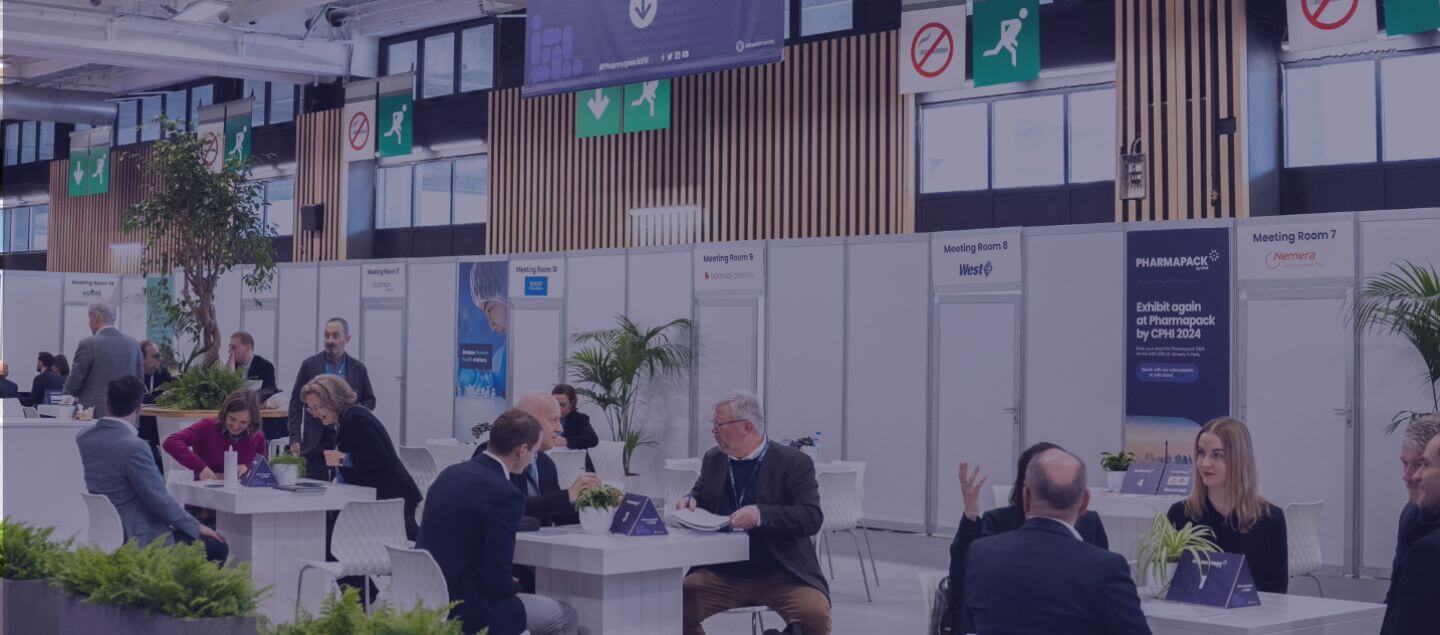This site is operated by a business or businesses owned by Informa PLC and all copyright resides with them. Informa PLC's registered office is 5 Howick Place, London SW1P 1WG. Registered in England and Wales. Number 8860726.
Development of bio-therapeutics often rely on small-scale single-use bioreactors made from plastics that include versatile connectors for easy connection and fast turnaround. As bio-therapeutic development continues to grow, industry front runners have defined challenging sustainability environmental targets with regards to emissions and are now looking at circularity targets. One of the common objections to plastic circularity in healthcare is the perceived “downcycling” effect of mechanical recycling, although there are material formulations that employ mechanically recycled materials, such as polycarbonate, where material from consumer articles are recovered, granulated and mixed-in with materials targeting demanding applications such as electronic devices.
Therefore, the aim of this work was to collaboratively establish the technical feasibility of a closed loop recycling concept in bioprocess applications, using Makrolon® as a material of construction for bioreactor vessels.




